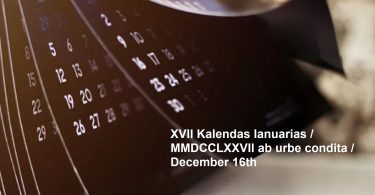When seeking the service of a professional researcher consideration should be given to credibility, genuine concern, someone inquisitive and patient as well as person that is relentless in the pursuit of knowledge.
A professional researcher is considered to be someone who is fully qualified to conduct a reliable and comprehensive study on almost anything.
They are a trusted source for facts on a given topic or issue. They often have connections and access to libraries, museums, and other solid sources of information. They are capable of archiving and gathering information in the most reliable manner possible and presenting it in a concise and understandable report.
Many, if not most, genealogists are self taught. They conduct research on family history, specific lines, cultures, a specific person, ethnicity and the list goes on. The amount you pay, and the credentials the genealogist holds, do not necessarily mean you will get a return on your investment.
Genealogists are generally not required by law to be licensed or certified. They can choose to secure credentials from several organizations. Each organization sets its own criteria. Many competent family history researchers do not seek credentials. Credentials do not necessarily offer results.
The internet, and even published books/material, is laced with incorrect family history information. Some errors are a result of copying information from others, some are honest but containing inaccurate information with no credible sources, others are simply a guess and yes some errors are the result of sheer denial. Sometimes folks will just not accept that the ancestry is incorrect, or they are adamant to connect no matter what.
It is paramount that anyone that provides genealogical research at a cost, or even for free, should be someone that is not shy about providing the truth even if it hurts. Just because information appears to be correct does not make it so. The family researcher should first conduct an independent investigation and be able to prove family lineage that is provided. If there are insufficient credible documents to prove the lineage, a credible researcher will state this and disprove with facts the reason for the finding. If there is sufficient reason that the lineage could be correct, then a disclaimer should be included. The professional genealogist should always provide sources. It is truly inappropriate for anyone to copy the work of others and fail to give credit.
Every person that has graced this earth has made some contribution to this world regardless of the outcome. A good genealogist, in my opinion, will get into the family as if their own. The closer a person can connect to the family the more real the ancestors become, and this provides greater insight while researching. Pictures are invaluable as a means to connect to ancestors. There are no dumb questions in family history research. Questions spark thought, and also generate forgotten memories from the past. In my experience, asking an older person a question may not provide immediate feedback. However, allowing several days to pass they may often find that old memory they have tucked away.
A good professional genealogical researcher should be someone that redirects you if you are on the wrong track, offers suggestions that are real, and embraces your family as if their own. It’s a commitment, a passion and the desire for the truth to the extent it can be proven.
To speak with one of our professional genealogists about help with your family tree research contact us.






